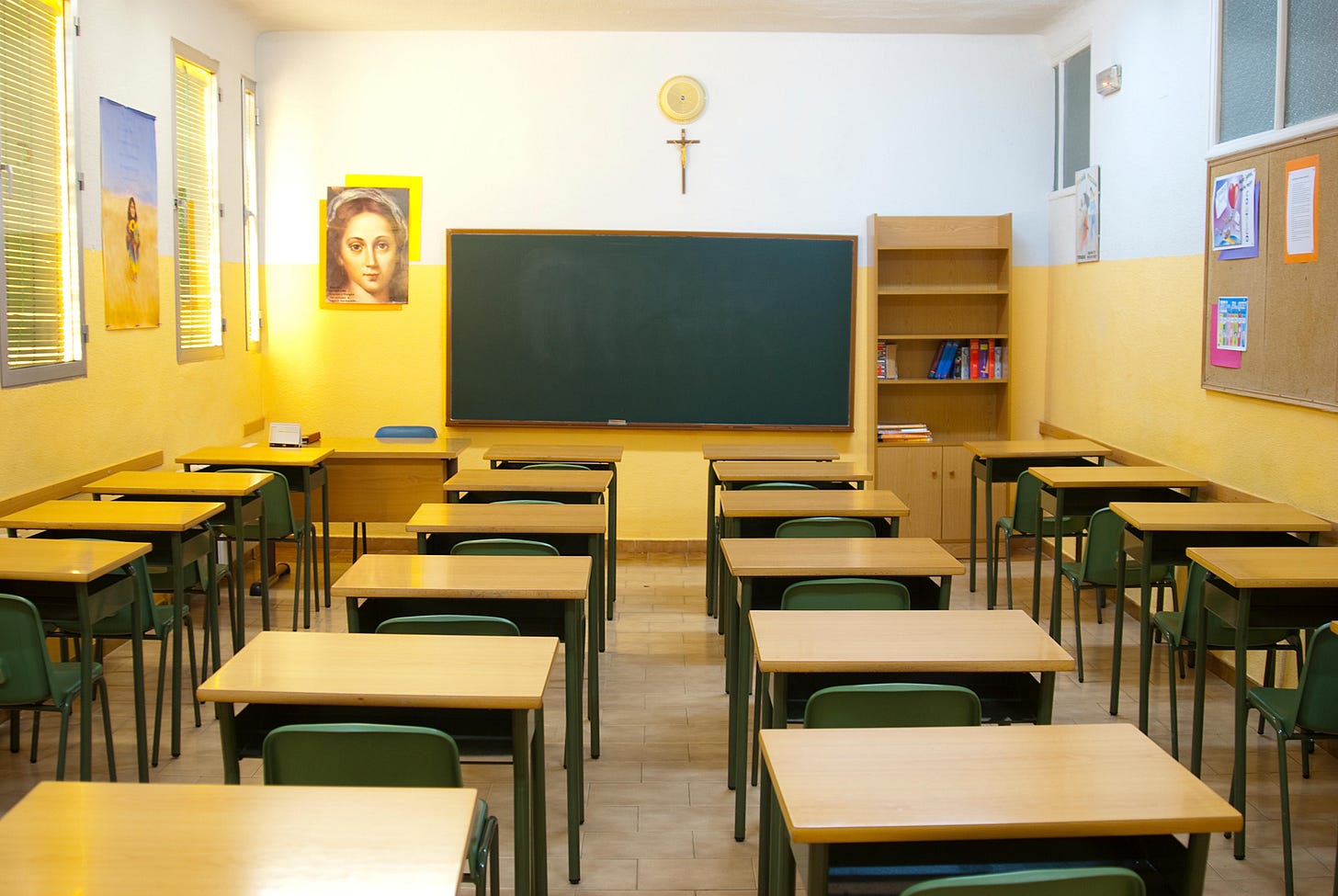Catholic schools and an ‘integrated life of faith’
Eileen Reuter shared her research on how Catholic high schools impact their graduates.
The Catholic Church is the largest private educator of students in the United States.
Last year, there were over half a million students attending Catholic high schools in the U.S., according to the National Catholic Educational Association.
But with more than 1,100 Catholic high schools in the country, Catholic education is not a monolithic experience.

